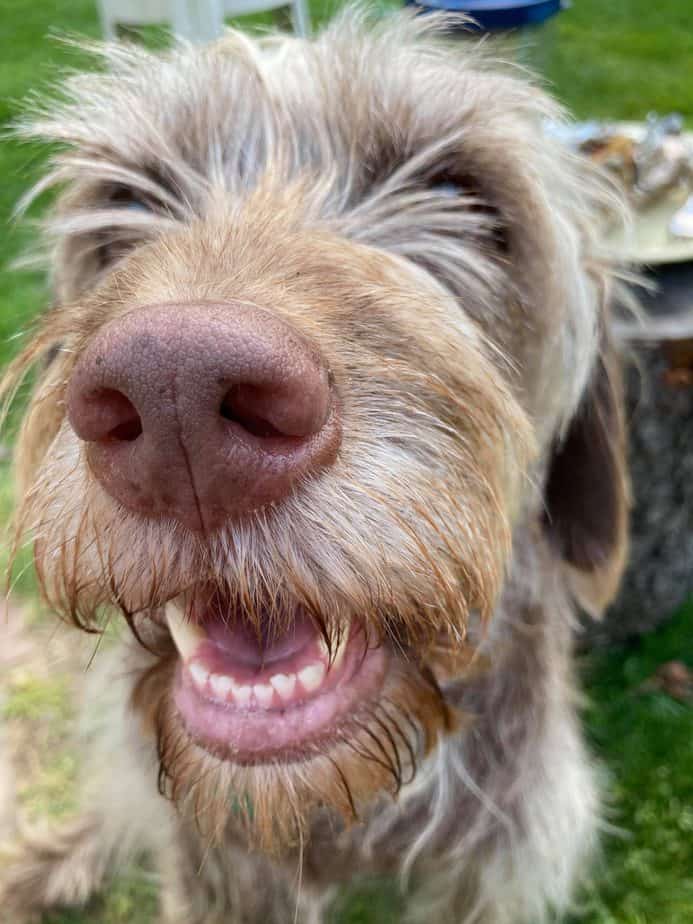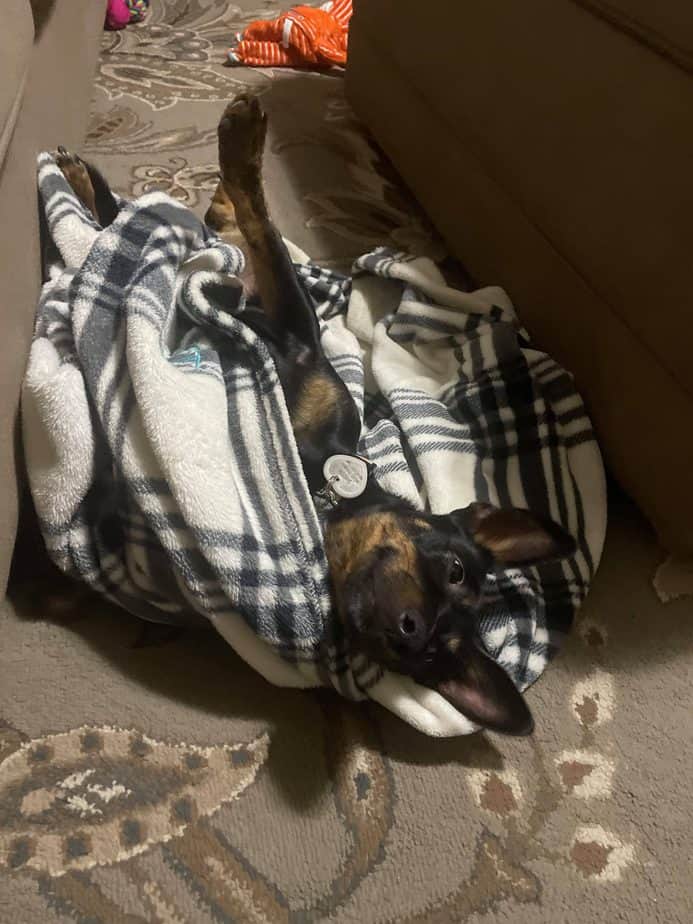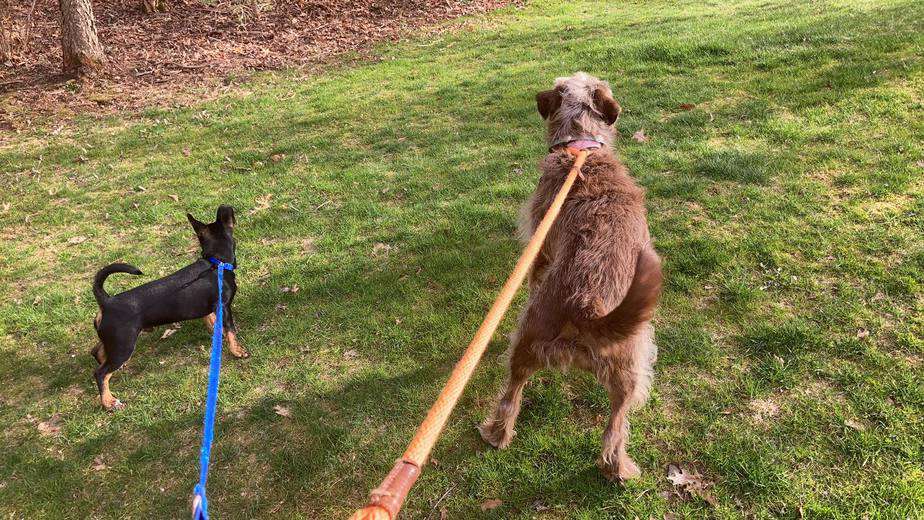Taking care of your dog and their health is essential, especially as they cannot do it themselves. Although dogs are naturally born to fend for themselves and feed themselves, they alone cannot achieve optimal health. Thus, it is important that you as the owner know the best ways to optimize their health. Here are the top tips to help your dog’s health and well being from a guest writer.
Daily Essentials To Help Your Dog’s Health
Toothcare
Taking care of your dog’s teeth is something that they cannot do themselves. Although they can eat foods that maintain tooth health, it is also important to brush their teeth. Using veterinarian recommended toothpaste for dogs will ensure to help your dog achieve optimal tooth health.

Another great way to maintain good tooth health for dogs is to give them daily chewies. These are designed to combat plaque and freshen their breath. Ensuring to maintain dental care will ensure they do not experience loss of teeth or pain.
Water
Every living being and thing requires water to maintain good health and thrive. The same goes for dogs. Dogs can quickly become dehydrated due to playfulness and running around. Without water, they can easily become fatigued and lose energy.
Making sure that they have a filled water bowl will encourage them to drink regularly and enough throughout the day.
Washing the bowl regularly will also remove any bacteria or dirt from their food, the air, or anything that they bring in from walks.
Love and attention
All pets battle with mental wellbeing as much as humans. Taking care of a sick dog, a puppy, or a perfectly fine furry friend entails love and attention. Without cuddles, walks, and play time, they might experience bouts of loneliness or sadness.

It is difficult to tell what a dog is feeling unless they are playing and full of energy. You can never truly know what is wrong with your dog. They can experience depression just like humans can. Thus, to reduce the risk of poor mental health care and attention is essential.
Walks
Every dog requires exercise. It keeps them fit and healthy, just like humans. Daily walks are a great way to optimize their health and help them maintain their fitness needs. It also helps you get your steps in and get some fresh air.
Some dogs may find it a challenge to go on regular walks, especially if they deplete their energy beforehand. But, after a good meal and plenty of water, they should feel energized and ready to take on some more physical exercise.
Nutrient packed treats
All dogs love treats. They are a good way to show them they have worked hard and been well behaved. It acts as a reward, like a snack would to humans.
Not all treats are good for dogs’ health. You need to be careful with what’s in them. Ensuring that the treats are nutrient packed will ensure they attain their daily dose of vitamins and minerals. It’s almost like sneaking vegetables onto a child’s plate. The dog won’t know the benefits but they will attain them with a delicious treat.
The correct food and portion size
With there being an abundance of dog breeds, sizes, and needs, the food and dietary tips are diverse. The food type and portion size will vary depending on the breed, size, and age of your dog. Getting it right will be best advised from a veterinarian or pet expert.
When you know the right foods to give them, you must also get the portion size right. Underfeeding a dog will cause them to lose weight, experience fatigue, and general poor health. Overfeeding a dog can have detrimental effects too. An overweight dog can find it difficult to be on a diet. Giving them less food after a long period of overeating may cause them to feel like they have done something wrong. It can affect their mental health.
Thus, always ensure to get the portion size right so that they can attain their health.
Every dog should consume protein, fats, and carbohydrates like humans do. It will ensure to regulate their digestive system and provide them with energy and the appropriate nutrients.

Flea and tick control
Dogs are vulnerable to fleas, which can cause them to experience itching and irritation. This is heightened during the warmer summer months. However, their fur should be checked regularly.
Using daily or monthly flea control will reduce the risk of them experiencing infestation. You can use a chewable medication, flea combs, collars, and sprays to keep them away. Regular baths will help too, which some dogs thoroughly enjoy and see it as a self-care treat.